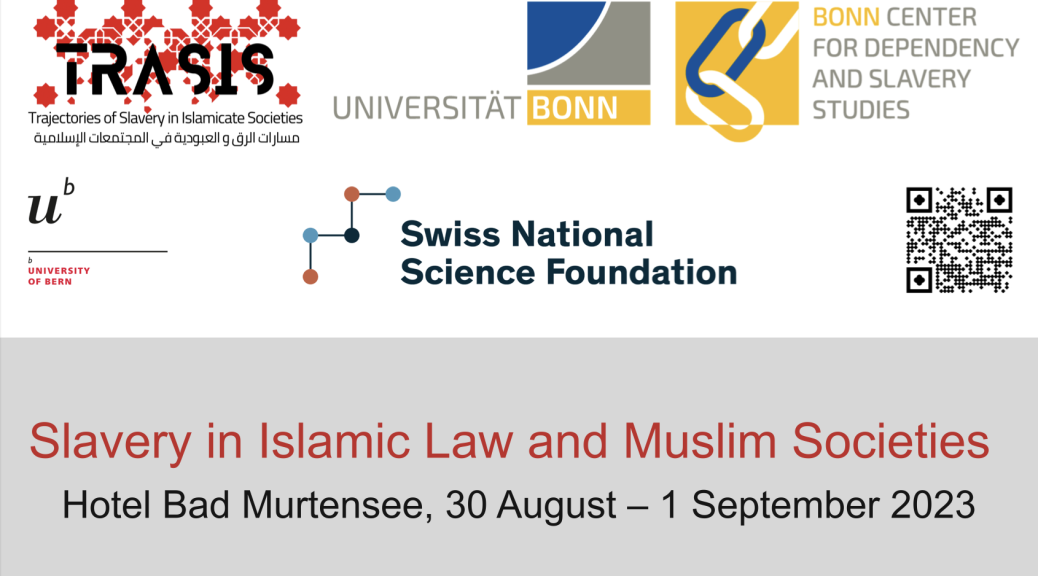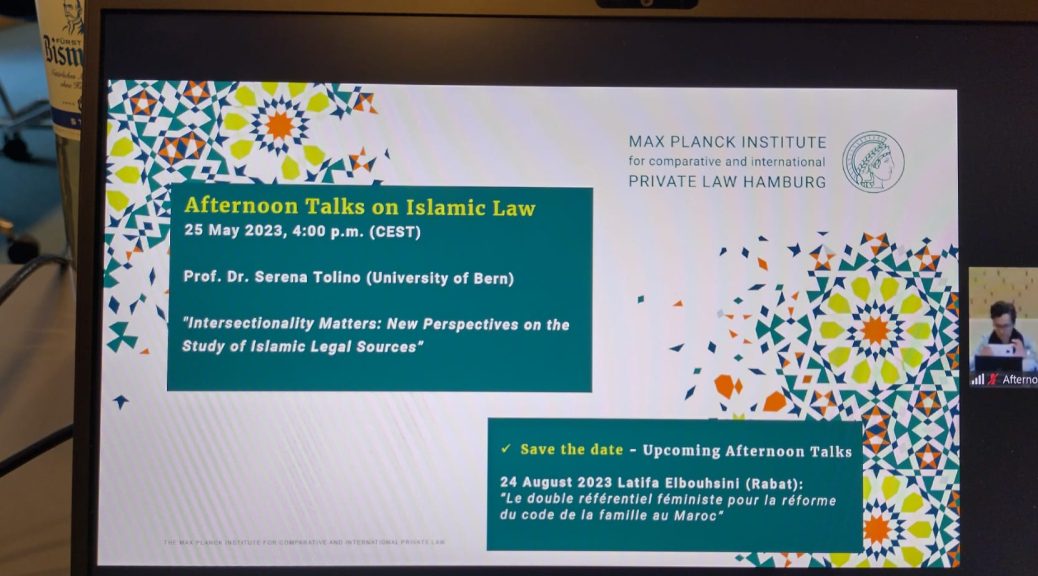Welcome to the TraSIS Project
This blog aims to acquaint readers with the research and activities of the Swiss National Science Foundation-funded project (grant number 208124) TraSIS: Trajectories of Slavery in Islamicate Societies, based at the University of Bern. As part of our project output, we aim to publish one blog post every month that explores a primary source related to the theme of slavery and coerced labour in Islamic law, broadly conceived. The sources discussed will vary in terms of temporal, geographic, linguistic and sectarian…

